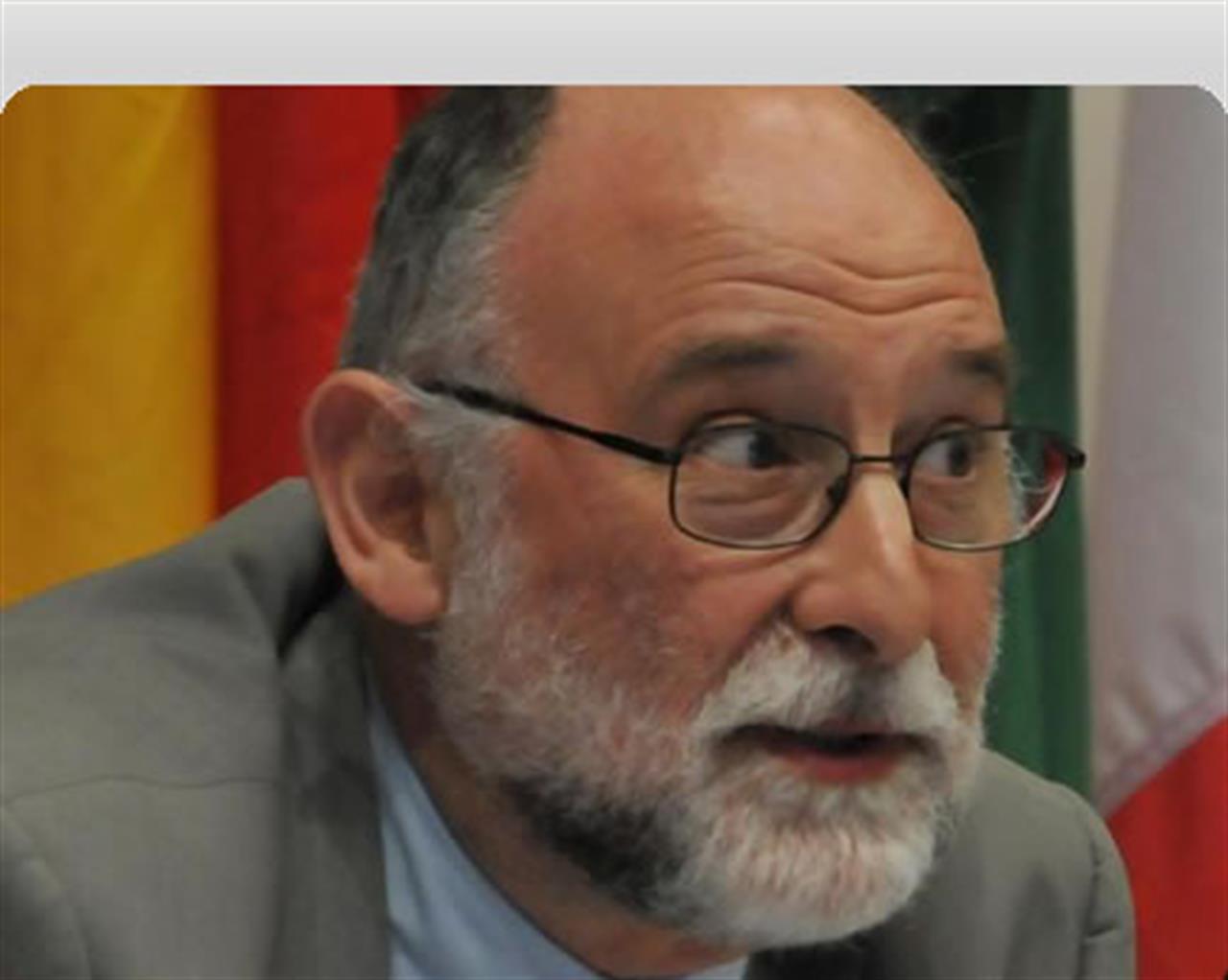Non profit
Towards a family friendly Europe
Interview with William Lay, an expert of EU family policies

Vita Europe speaks with William Lay, director of Coface, the Confederation of Family Organisations in the European Union, on the occasion of the 4th event of the European Network of Cities for the Family, which will take place in Parma on the 4th and 5th February 2011. Coface is an NGO, based in Brussels, with more than 50 member organizations across 20 Member States of the European Union. Its main aim is to lobby towards European institutions: family policies are not of the competence of the European Union. Coface has always fought to show that, on the contrary, European policies impact families.
Which European countries are most aware of families and their problems?
France and Belgium. In France there is a consultative body for families (called the Union Nationale des Associations Familiales-UNAF), which the national government set up before Second World War and which is also financially supported by the government. All types of government across the political scope have always given a lot of importance to family policy.
In Belgium, given its complex political institutions, there are both a federal minister of State for families and regional ministers. The Belgian Flemish organization, the Gezinsbond, is proportionally the most important family organization in the world. There are about 6 million Flemish people and all Flemish families are members of it. They are a very strong lobby on the different levels of government in Belgium.
How has the relationship between institutions in the last years changed regarding family policies?
At European level, under the German Presidency of the EU in 2007, the German Minister for Family Affairs, Ursula von der Leyen, supported the idea of creating a European Alliance for Families to face Germany and Europe’s worrying demographic situation (decreasing birth rates, ageing society).
Family policies still remain of the competence of the national member States, but the Alliance serves as exchange of information and good practices between the member States in terms of family policy.
Can you give me a practical example of a best practice in a European city regarding families?
“Manchester generations together”, an intergenerational programme, started in 2009, building up relationships between people of different ages within the local community, in order to address inequality and social exclusion.
The programme also concerns anti-social behaviour and unemployment, especially of young men. It then addresses issues that concern older people, such as loneliness and depression, trying to get young and old people together to fight all the difficulties that the town is facing.
The European Network of Cities for the Family is a project promoted by the Agency for the Family of the Municipality of Parma that involves the cities of Parma (Italy), Szeged (Hungary), Trollhattan (Sweden) and Yambol (Bulgaria). The objective is to carry out innovative projects of welfare for the family, through exchanging and confronting good practices at European level.
Vuoi accedere all'archivio di VITA?
Con un abbonamento annuale potrai sfogliare più di 50 numeri del nostro magazine, da gennaio 2020 ad oggi: ogni numero una storia sempre attuale. Oltre a tutti i contenuti extra come le newsletter tematiche, i podcast, le infografiche e gli approfondimenti.
